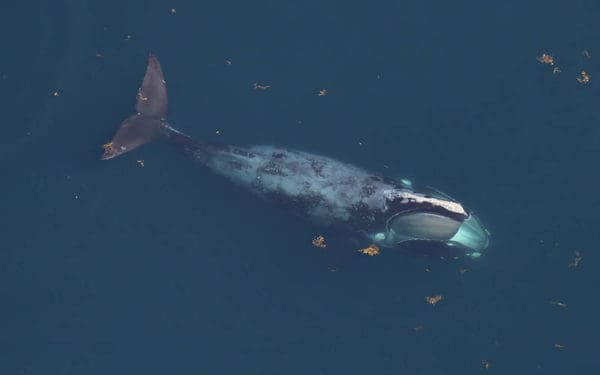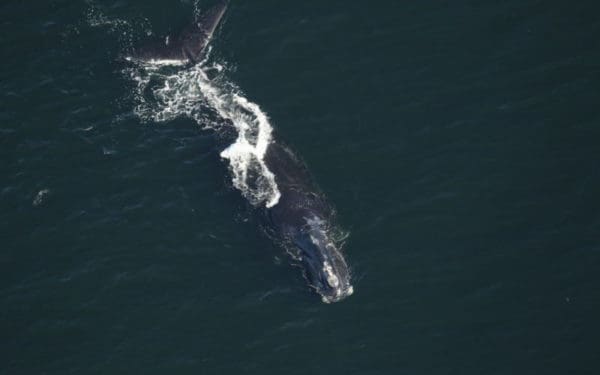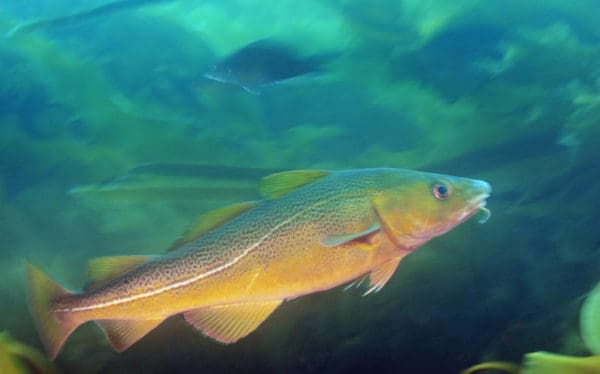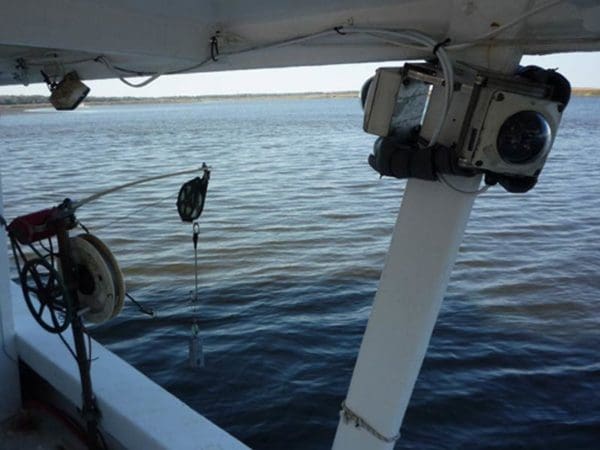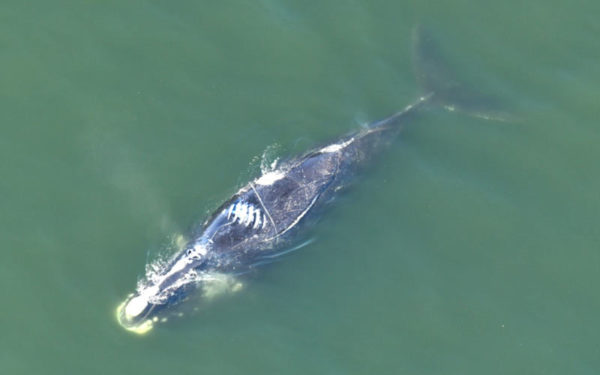Dec 30, 2020
“After such an unprecedented delay, this new rule will help stem the surge of right whale deaths we’ve seen over the last several years,” said Erica Fuller, Senior Attorney at CLF. “Ropeless fishing is the only solution that protects whales and fishermen, and the rule expands that practice. However, NOAA must end its reliance on weak rope as a solution and get emergency protections on the water immediately while this rule is finalized.”
Dec 30, 2020
Conservationists call the rule a good first step, but way late, and it doesn’t do nearly enough to avert the whale’s extinction. Here’s Erica Fuller, of the Conservation Law Foundation: ‘We’re concerned about the agency’s reliance on weak rope,’ Fuller says, ‘and we’re concerned that it doesn’t appear that they are going to take any emergency action before these measures are effective on the water.’
Dec 17, 2020
“These proposed regulations are a big step in the right direction,” said Erica Fuller, a senior attorney at the Boston-based Conservation Law Foundation, one of several groups that has sued the Fisheries Service to protect the whales. “But in light of the fact that Massachusetts waters have the highest known seasonal density of right whales in the world, a long-term solution that allows fishing and right whales to coexist is imperative.”
Dec 03, 2020
The Conservation Law Foundation and others are calling for the immediate closure of fisheries off southern New England and possibly elsewhere, where the whales are known to congregate and feed.
Dec 02, 2020
“At least 32 right whales have been killed by human activities in the last three years alone, yet the federal government is still sitting on its hands,” said Erica Fuller a senior attorney at the Conservation Law Foundation. “The window to save this species is closing, and we’re left with no other option but to file this petition. The federal government must declare this situation what it is – an emergency – and take action to protect these animals now.”
Nov 23, 2020
According to a new study, rising water temperatures put fish eggs and spawning adults at higher risk than juveniles and adult fish. Since previous studies mostly only took adult fish into account, this close look at different life stages gives us a better idea of what the climate crisis means for our fisheries and how we can help save Atlantic cod. One big takeaway: protecting spawning areas, where the vulnerable are, is more critical than ever.
We sat down with CLF Senior Science Fellow Gareth Lawson to discuss the implications of the study and the future of Atlantic cod.
Nov 12, 2020
To help rebuild the cod population, scientists and managers must know how many fish are being caught by fishing boats. Thankfully, a recent vote by regional fishery managers brings us one step closer to collecting that valuable information.
Nov 07, 2020
The presidential election result is a welcome relief – especially amid the ongoing stresses of an unrelenting pandemic, hobbling economic hardship, and an overdue racial reckoning. We all deserve to take a moment and celebrate that. But even as we see the core values of our democracy vindicated after relentless voter suppression efforts, now is not the time to grow complacent.
Nov 07, 2020
Until new, long-term protections for right whales are in place, federal regulators must take emergency action.
Nov 05, 2020
Scientists estimate that little more than 350 whales are left on the planet – a shockingly low number. It is our activities in the ocean – fishing, shipping, drilling, construction – that threaten the survival of this species. In the last three years, vessel strikes, in particular, have caused about half of the known or suspected deaths of right whales in the U.S. and Canada.
